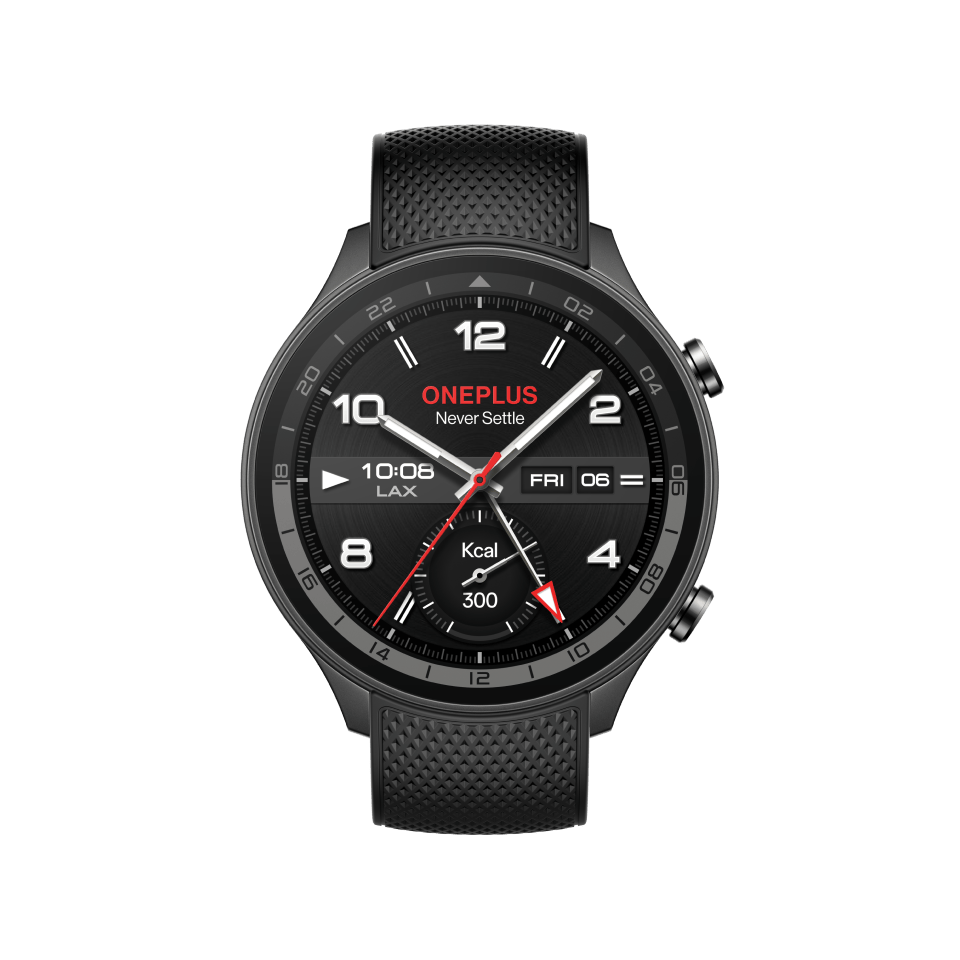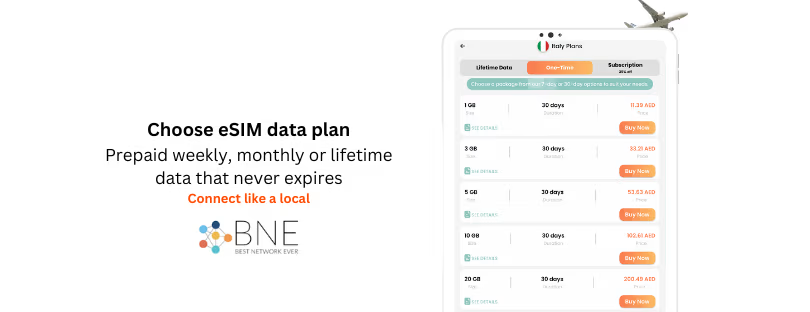
Everything you need to know about end of roaming charges for travellers in the EU
When you travel to a foreign country and phone, text or surf online with your mobile phone or device using your home country’s SIM card, you are roaming. Your mobile phone operator and an operator in the country where you are travelling, work together to keep you connected, so you can make and receive mobile phone calls, write text messages, surf the internet and download content.
When you roam while abroad, your operator in your home country pays the operator in the foreign country for the use of their networks. The price paid between operators is called the wholesale roaming price. These wholesale prices represent a cost to the home country operator and therefore impact on consumers’ final bills. This is why the Commission has worked to limit wholesale roaming prices in the EU, in parallel to its work to directly limit the prices paid by the consumer (retail roaming prices).
What are the different domestic prices for mobile services across the EU?
Consumer prices in the EU reflect different national consumption patterns, and regulatory and market characteristics, including significant differences in costs of running networks. For example, consumers in Latvia spend in 2014 an average €3.70 a month and Irish consumers an average of €23.80 per month for using their mobile phones.
Europeans have different travel habits across the EU, and there are also different network costs in visited countries. A recent European Commission study also shows that consumer retail offers vary between Member States. For example, in 2016 the cheapest monthly deals offering 1GB of data, 600 minutes of calls and 225 SMS ranged from €60 in Hungary to €8 in Estonia (excl. VAT and any smartphone subsidy).
2. EU action against roaming charges
Since 2007, the European Commission has successfully worked to reduce the consumer price of roaming. This has changed the habits of many Europeans who previously used to switch their mobile phones off while travelling. In 2013, the European Commission proposed legislation to end roaming charges for people periodically travelling in the EU. In October 2015, the European Parliament and the Council agreed that this should be in place as of 15 June 2017 (see details).
The agreement also foresaw a transition period and a new important decrease in prices at the end of April 2016. Already since then, when travelling in the EU, users could feel significant decreases in prices, as they have to pay only a small amount on top of their domestic prices: up to €0.05 per minute of call made, €0.02 per SMS sent, and €0.05 per MB of data (excl. VAT).
As of 15 June 2017, you will be able to use your mobile device when travelling in the EU, paying the same prices as at home, i.e. to roam like at home, subject to operators’ fair use policies. For instance, if you pay for a monthly package of minutes, SMS and data in your country, any voice call, SMS and data session you make while travelling abroad in the EU will be deducted from that volume as if you were at home, with no extra charges. This means the end of roaming charges for travellers in the EU as travellers have experienced them so far.
What have been the different decreases in roaming prices?
- Since 2007, the EU has achieved retail price reductions across calls of 92%
- Since 2009, the EU has achieved retail price reductions across SMS of 92%
- Data roaming is now up to 96% cheaper compared to 2012 when the first EU retail price cap became applicable on data roaming
- Between 2008 and 2015, the volume of data roaming has been multiplied by more than 100.
What measures are needed to end roaming charges for travellers in the EU ?
When agreeing the roam like at home mechanism, the European Parliament and the Council asked the Commission to develop a number of supporting measures to make this work in practice:
– A legislative proposal, by 15 June 2016, to reform the wholesale roaming market, the maximum prices which operators charge each other for the use of their networks by roaming customers. Following the proposal made by the Commission, the European Parliament and Member States reached an agreement on 31 January 2017 to set the subsequent wholesale roaming caps:
- €0.032 per min of voice call, as of 15 June 2017
- €0.01 per SMS, as of 15 June 2017
- A step by step reduction over 5 years for data caps decreasing from €7.7/GB (on 15 June 2017) to €6/GB (01/01/2018), €4.5/GB (01/01/2019), €3.5/GB (01/01/2020), €3/GB (01/01/2021) and €2.5/GB (01/01/2022)
– Rules on ‘fair use‘ measures that operators can take to prevent abusive or anomalous usage of the system, such as systematic resale of low-price SIM cards for permanent use in other countries. Such fair use policies are necessary to avoid negative effects on consumers on domestic markets. The Commission’s ‘fair use policy’ clarifies consumer rights while introducing safeguards to ensure that the most competitive domestic offers remain attractive.
– An exceptional and temporary derogation system for operators to be used only if authorised by the national regulator, under strict circumstances when the end of roaming charges in a specific market could lead to domestic price increases for the customers of the operator.
3. The end of roaming charges for travellers in the EU
How will the end of roaming charges work?
Mobile operators have to offer their roaming services at domestic prices to consumers who either normally reside in or have stable links to the Member State of the operator, while those customers are periodically travelling in the EU. If necessary, operators can ask their customers to provide proof of residence or of such stable links to the Member State in question. Roaming providers may apply fair, reasonable and proportionate control mechanisms based on objective indicators to detect the risks of abusive or anomalous use of roam like at home beyond periodic travelling.
Who will be covered?
The draft rules will enable all European travellers using a SIM card, that allows roaming from a Member State in which they reside or with which they have ‘stable links’ to, use their mobile device in any other EU country, just as they would at home.
Examples of ‘stable links’ include cross-border commuters and posted workers, Erasmus+ programme beneficiaries such as students, apprentices or volunteers.
Europeans will pay domestic prices when they call, text or go online from their mobile devices and will have full access to other parts of their mobile subscription (e.g. monthly data package).
Do I need to register to Roam Like at Home?
No formal registration is required to benefit from the roam-like-at-home mechanism. From 15 June 2017, it should be included by default in all customers’ mobile contracts on which operators offer roaming. Operators may ask consumers to provide proof that their home (residence) is in the Member State of the mobile operator (in case they do not already dispose of such information for billing purposes).
The consumer may also prove stable links entailing frequent and substantial presence on the territory of the Member State of the mobile operator, like an employment relationship or following recurring courses at the University.
How will personal data be protected?
The roaming fair use rules explicitly require the roaming providers to comply with the relevant data protection rules. The Commission has consulted the European Data Protection Supervisor and has taken his comments into account. Operators can only use the information they already gather for billing purposes to check to what extent customers are using mobile and data services abroad compared to their consumption at home.
Will Europeans still be able to buy different SIM cards in different Member States?
Yes. EU citizens can continue to buy any other SIM card in any EU Member State and surf and call at local tariffs or roam with that card. However, they might not be able to benefit from roam like at home if they are not resident in the country where they bought the card or if they do not have stable links entailing frequent and substantial presence in this country.
What will be the role of the national regulatory authorities?
As under existing roaming rules, national regulatory authorities will monitor and check if mobile operators comply with the new rules, and take action if that is not the case.
Are there any regulatory safeguards?
The safeguards against abuse are based on clear principles and include indicators and tools that are reasonable, non-discriminatory, transparent, and respect privacy. In order to detect potential abuses, the roaming provider may perform checks of the usage patterns of customers both in their own Member State and in other Member States (control mechanism). This will be based on the information that operators already use to bill their customers.
Identifying abusive or anomalous traffic patterns should be based on the following clear and transparent indicators:
- A pair of indicators to be observed over a period of at least four months, establishing whether the customer has a) prevailing roaming consumption over domestic consumption AND b) prevailing presence in other Member States of the EU over domestic presence (log-on to the roaming provider’s network);
- Long inactivity of a given SIM card associated with use mostly, if not exclusively, while roaming;
- Subscription and sequential use of multiple SIM cards by the same customer while roaming;
Fair use policies have to be notified by the roaming provider to the national regulatory authority and be spelled out in detail in contracts.
- Fighting commercial abuses. Abuses could be related to the mass purchase and resale of SIM cards for permanent use outside the country of the operator issuing them. In such cases, the operator will be allowed to take immediate and proportionate measures while informing the national regulator (e.g. suspension of service on the basis of breach of contractual conditions). The operator has to simultaneously notify the national regulatory authority about the evidence of the systematic abuse and the measures taken. This enables the national regulatory authority to monitor the application of that measure in accordance with the established requirements and to react if necessary.
- Individual abuse by customers. Roam like at home is designed for travellers. Operators can check usage patterns to avoid abuse based on the above-mentioned indicators. In order to determine that the user might be abusively or anomalously using roam like at home, the operator would have to show the abuse over a period of time of at least four months. If a customer spends more than two months abroad out of four months, and if the customer has consumed more abroad than at home over this time, operators may send an alert to that customer. Once the alert is received, the customer will have two weeks to clarify the situation. If the user continues to remain abroad, operators will be able to apply small surcharges (equivalent to wholesale roaming caps, agreed on 31 January 2017).
In case of disagreement, complaint procedures must be put in place by the operator. If the dispute persists, the customer may complain to the national regulatory authority who will settle the case.
The rules will protect consumers from adverse consequences such as an increase in domestic prices:
- For pre- paid metered contracts: when a customer goes abroad, she/he can roam like at home up the amount of credit remaining on the pre-paid card. For data, the customer can use at least the volume that can be purchased by the remaining credit on the pre-paid card at the wholesale roaming data price cap.
In the Czech Republic, Zoran has a €20 pay and go (pre-paid) card for data, calls and texts. By the time he goes on holiday, Zoran has €13 (€10.74 excluding VAT) credit remaining on his card. While being abroad, Zoran can enjoy a volume of data equivalent to the value of his credit. This means he gets the equivalent of €13 worth at the wholesale roaming data price cap. Based on the caps agreed by the European Parliament and Member States, this would give Zoran almost 1.4 GB of data roaming in as of 15 June 2017 and 1.8 GB of data roaming as of 1 January 2018.
- For the most competitive contracts that offer unlimited data or data at very low domestic prices, below the wholesale cap: when a customer goes abroad she/he will continue to enjoy the full allowance of calls and texts. For data, the customer will have at least twice the volume of data that can be purchased by the value of the customer’s monthly contract at the wholesale roaming data price cap.
For example: with his €70 (€57.85 excl. VAT)per month contract, Tim living in the Netherlands gets unlimited calls, texts and data for his smartphone. While travelling abroad, he will have unlimited calls and text. For data, he will get twice the equivalent of €57.85 worth at the wholesale roaming data price cap. Based on the caps agreed by the European Parliament and Member States, this would give Tim over 15 GB of roam like at home data as of 15 June 2017 and 19.3 GB of roam-like-at-home data as of 1 January 2018.
An agreement on wholesale caps is the last step towards making roam like at home a tangible reality for consumers. Following this political agreement, the European Parliament and the Council will have to formally approve the text agreed between them and the Commission. The rules will become applicable in time for operators to provide roam like at home from 15 June 2017.
On 15 December the European Commission adopted the implementing rules (fair use policy and sustainability mechanism) to end roaming charges for travellers in the EU in 2017. This followed intensive consultations with the European Parliament, Member States, stakeholders, consumer representatives, BEREC (Body of European Regulators in Electronic Communications) and operators the European Commission. The measure was voted on by Member State’s representatives on 12 December 2016. This act entered into force 20 days after its publication in the Official Journal of the UE (17 December 2016).
The approved fair use policy makes sure that all European travellers will enjoy the roam like at home opportunity by paying the same price for mobile calls, SMS or data whether they travel away from their ‘home’ (their country of residence or with which they have stable links). The measure further clarifies consumer rights and introduces safeguards to ensure the most competitive domestic offers remain attractive.
Will the end of roaming charges for travellers in the EU increase domestic prices?
Since EU Regulations have been introduced to reduce roaming charges, domestic mobile prices have been decreasing as well. This trend is likely to continue.
A transition period has been agreed in the latest Roaming Regulation (November 2015) to make the abolition of roaming charges sustainable throughout the EU without an increase in domestic prices. This transition period – starting from 30 April 2016 to 15 June 2017 – allows the necessary time to prepare the end of roaming charges.
The Implementing Act adopted by the Commission in December 2016 provides detailed rules on the two safeguards foreseen by the co-legislators in the latest Roaming Regulation to avoid distortions on domestic markets that could otherwise lead to price increases: (1) fair use rules to enable mobile operators to prevent, where necessary, abusive or anomalous use of roaming services, such as permanent roaming – this rules include specific measures related to data and pre-paid cards, cf. above, (2) an exceptional and temporary derogation system for operators to be used only if authorised by the national regulator, under strict circumstances when the end of roaming charges in a specific market could lead to domestic price increases for the customers of the operator. The text foresees that this derogation can only be authorised by the national regulator if the retail roaming losses of the operator would be equivalent to 3% or more of its mobile services margin.
In the Impact Assessment accompanying the proposal for the regulation of wholesale roaming markets on 15 June 2016, the Commission concluded that with the maximum wholesale charges proposed by the Commission at the time (4EUR cents/min, 8.5EUR/GB and 1EUR cent/SMS) the vast majority of mobile operators would not need to apply for this exceptional and temporary derogation system. The Commission considers that its conclusions at the time will be supported by the lower wholesale roaming caps agreed on 31 January 2017.














